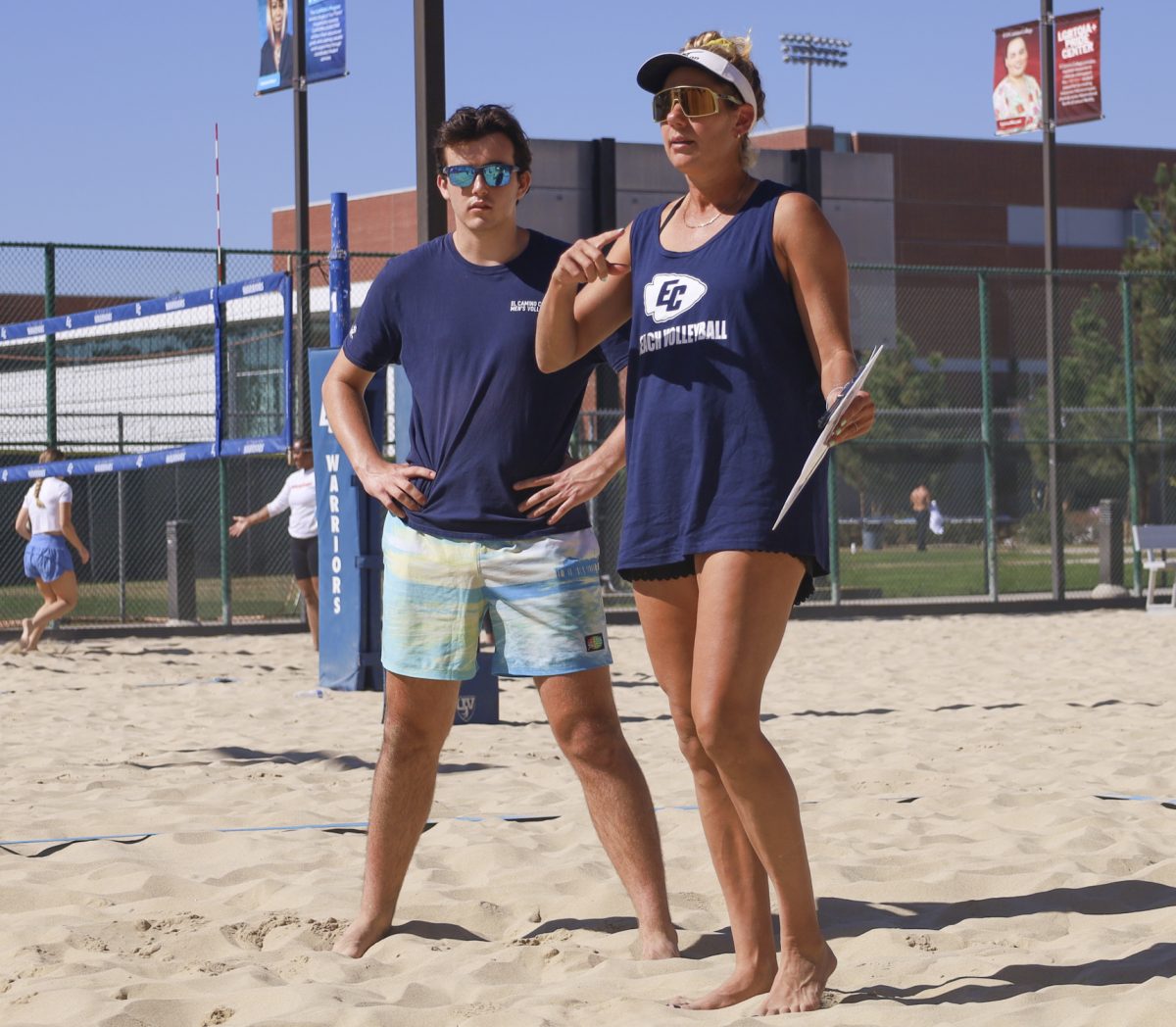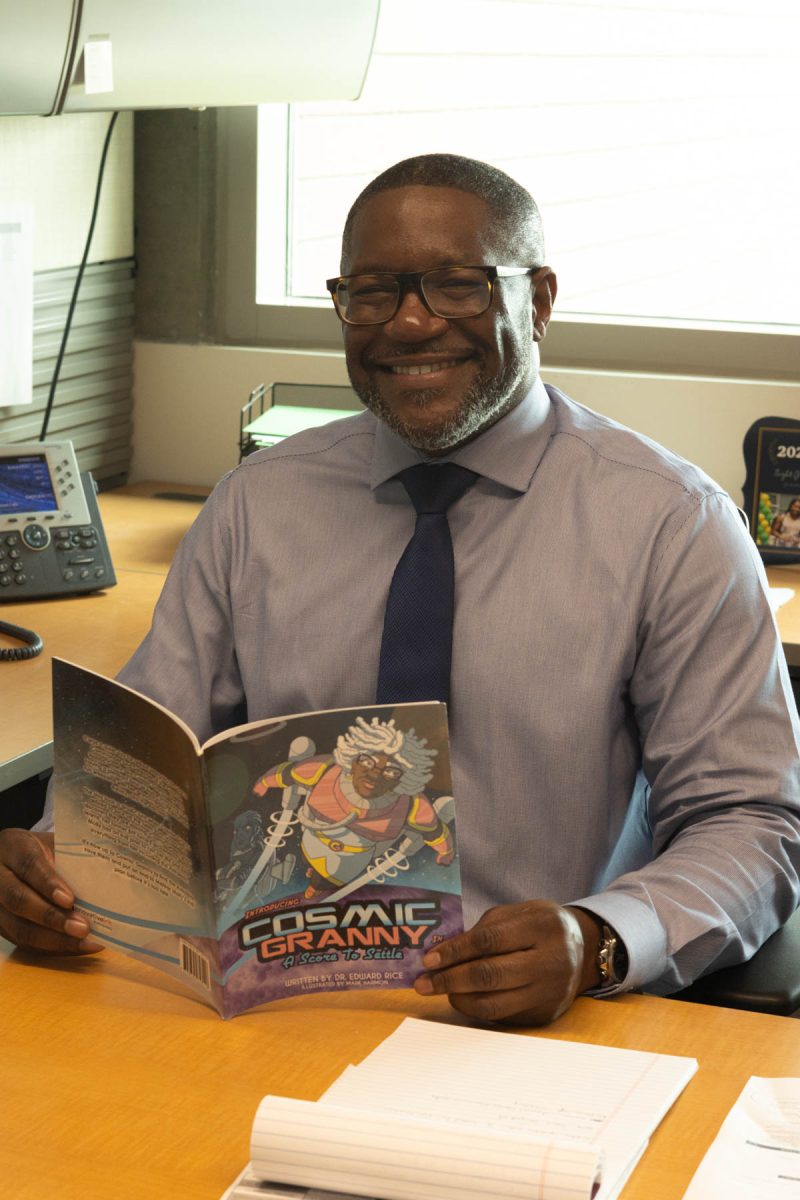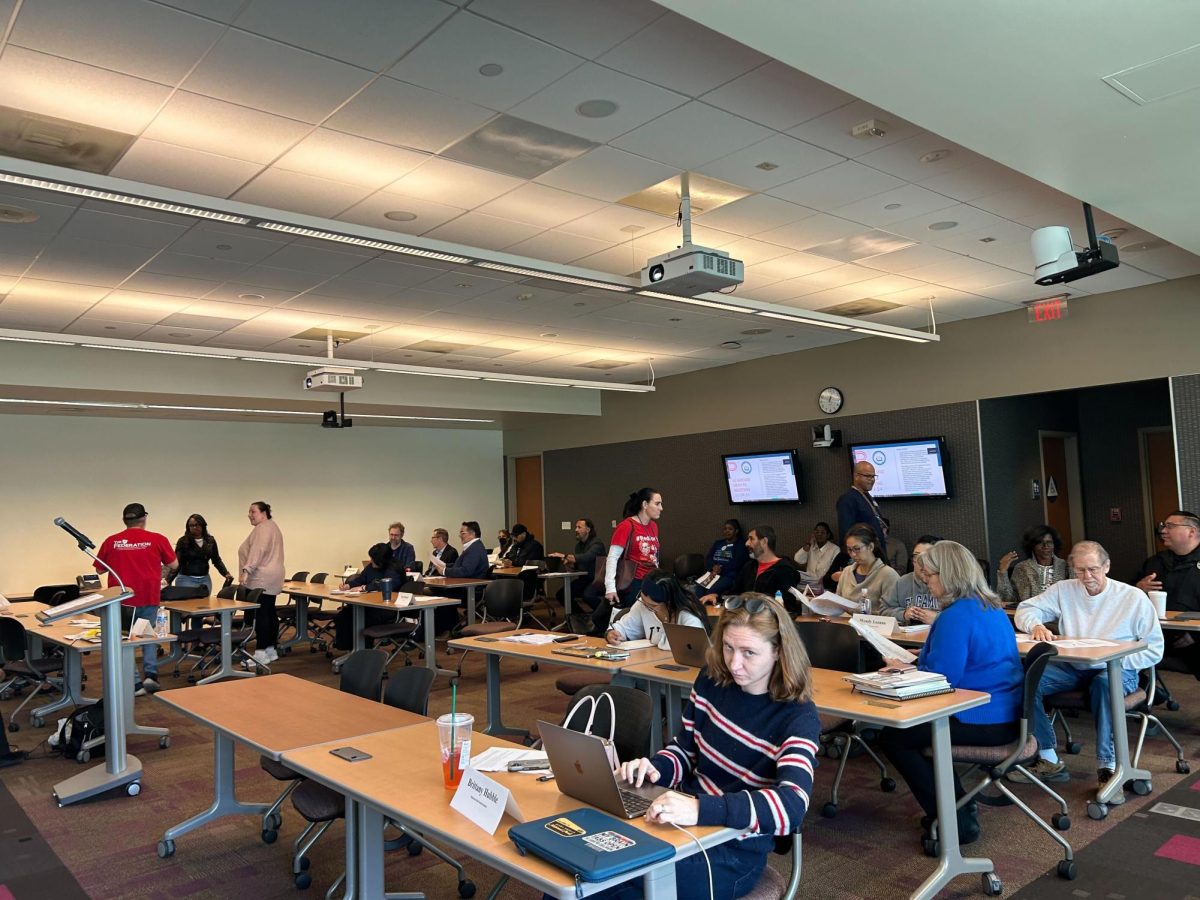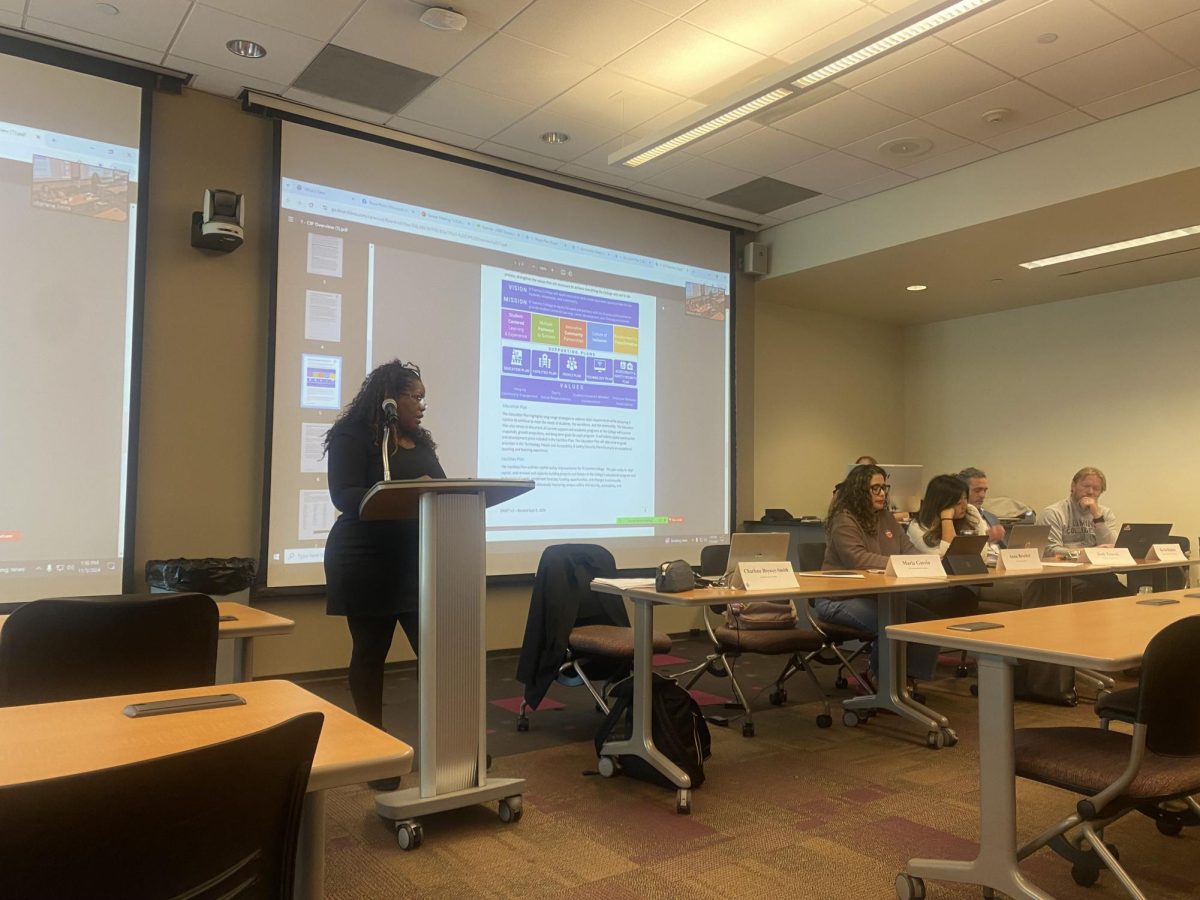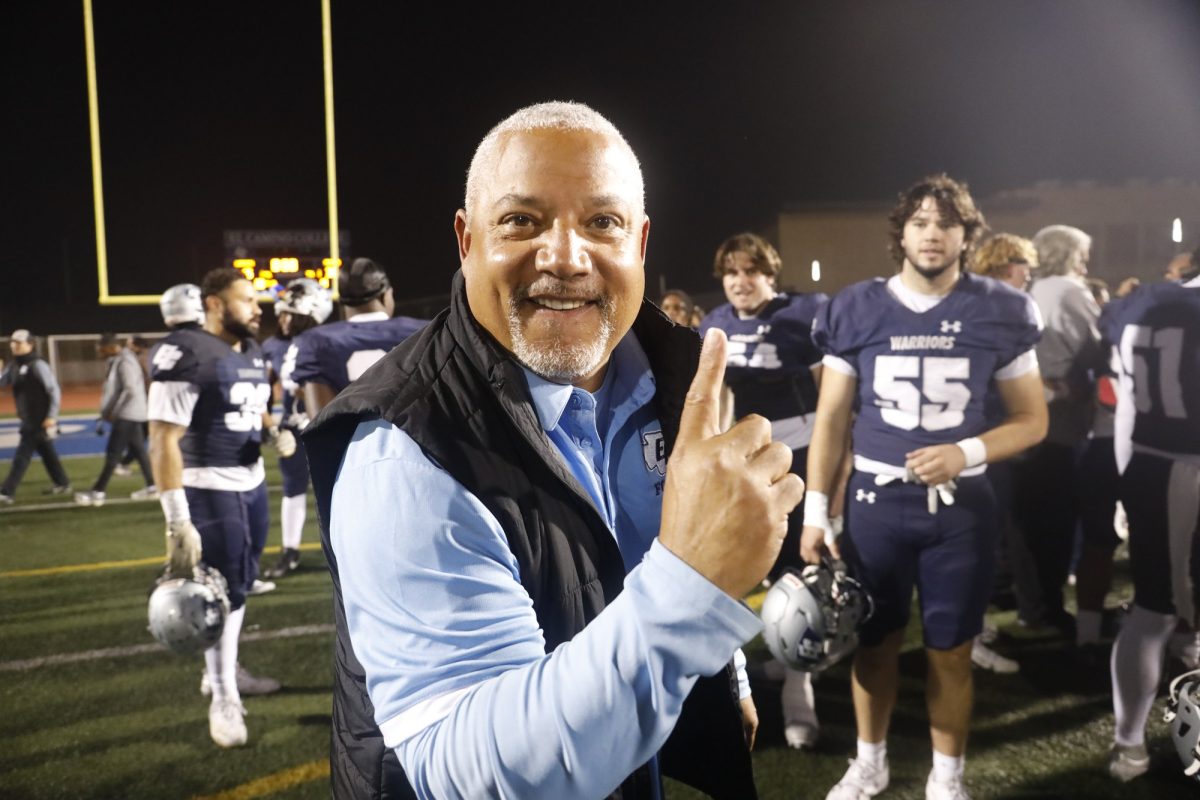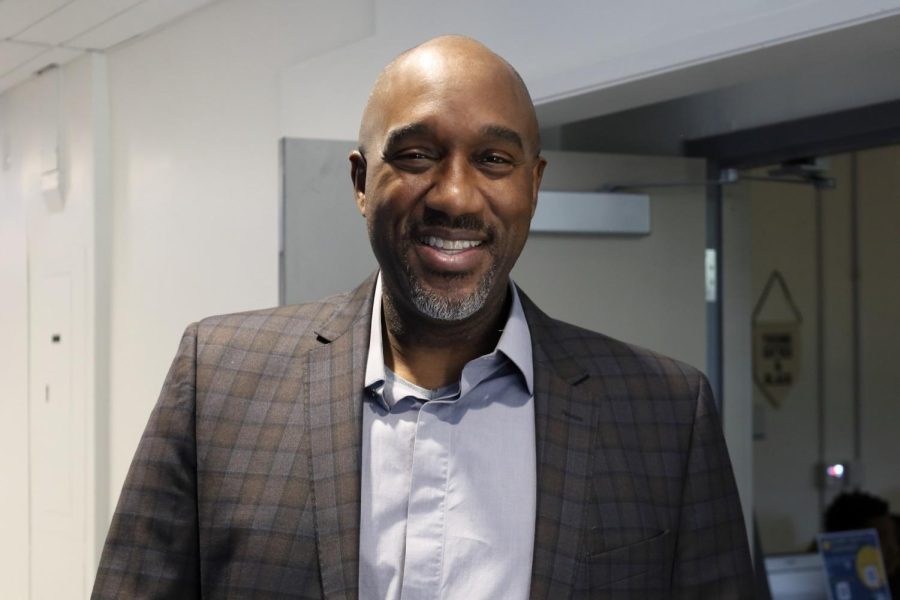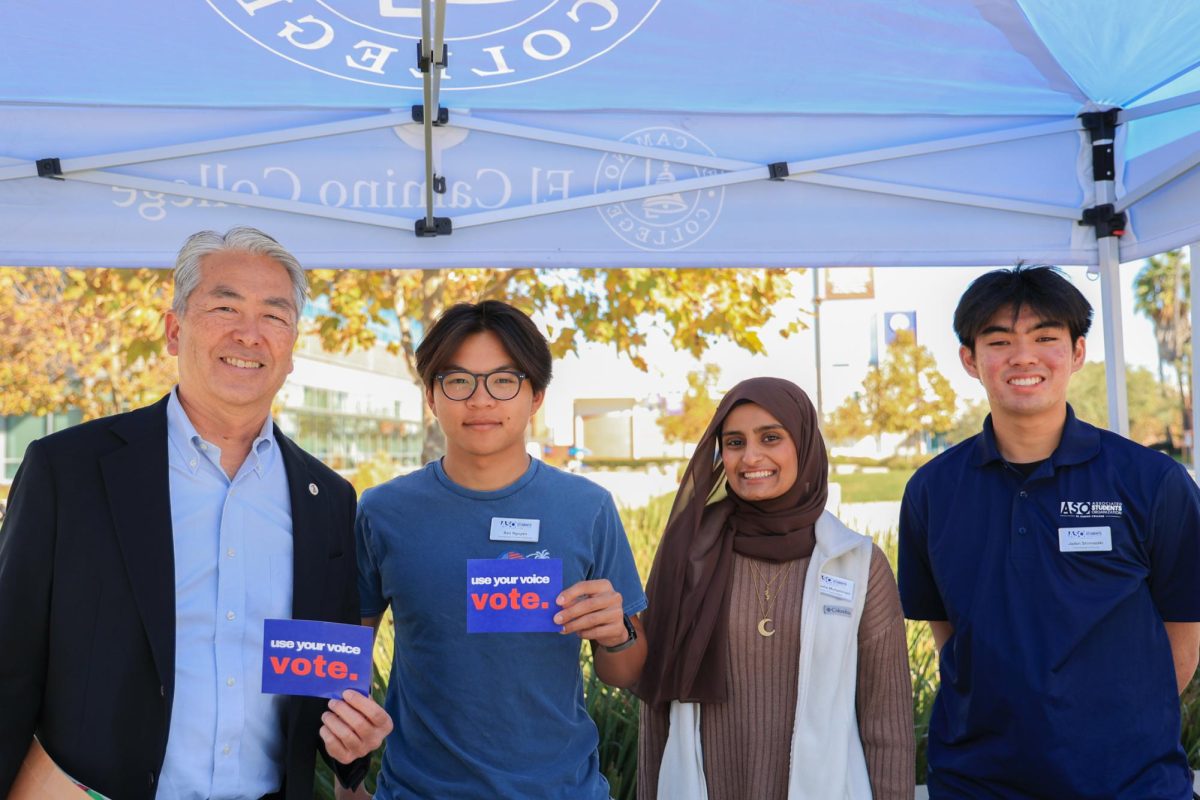It’s common for students to be bleary-eyed and exhausted this time of year. Two words: college applications. Cal State (CSU) applications opened on Oct. 1 and University of California (UC) applications open on Nov. 1. College applications are daunting and relentlessly haunting until the day the magical “submit” button is pressed; the stress then melts away.
However, before college applications close on Nov. 30, many transfer-ready students will experience monstrous stress and anxiety as they consider their academic and financial options, such as tuition.
“Students are strongly recommended to take full advantage of grants, scholarships, and work-study opportunities,” Hortense Cooper, director of financial aid, said. “Grants and scholarships are free, meaning they do not need to be repaid (unlike student loans).”
To receive federal student aid, students must meet Satisfactory Academic Progress (SAP). The standards of SAP are different for every school; students must meet school-specific standards for grade point average (GPA), credits, withdrawals and other academic considerations.
A student’s income and financial independence also determine their eligibility for financial assistance.
“The students with the lowest incomes of Expected Family Contribution are eligible for maximum assistance,” Cooper said.
Scholarships also help with the financial heftiness of tuition. According to EC’s scholarship foundation website, EC offers more than 650 scholarships annually. Students receive scholarships based on their majors, enrollment status or athletics; collectively, the scholarships total more than 1.4 million dollars.
The El Camino College Foundation online application opens Dec. 5. Students must have a 2.0 or above GPA and at least six graded units at EC to apply.
Financial aid, grants, scholarships, and work-study programs are better alternatives to students loans, Cooper said. Student loans can result in serious financial consequences when they are not repaid.
In addition to the financial opportunities at EC, there are also programs and workshops available to help students transfer.
Focusing on reading, writing and developing study skills, the Honors Transfer Program (HTP) is designed to help students transfer, especially to prestigious universities.
“We have about two or three percent of EC students in the program. We have additional counseling advice and workshops for these students, which helps them transfer successfully in two to three years,” Joseph Holliday, co-director of HTP, said. “Our honors program is considered one of the top three in the state for transferring, particularly to UCLA.”
A student on campus visited UCLA in hopes to transfer there.
“I had a great experience the time that I spent on the UCLA campus,” Lisa Michelle, 19, criminal justice and psychology major, said. “I want to transfer there because it is a resourceful school and I feel like it would have (a) great impact with my major.
With job competition increasing, the emphasis on education is also increasing, so students like Michelle can transfer to their top choice university.
“I think that the more education you have the more opportunity you have for employment,” Rene Lozano, Transfer Center coordinator, said. “A bachelor degree gives students the necessary skills they need to compete in the job market.”






